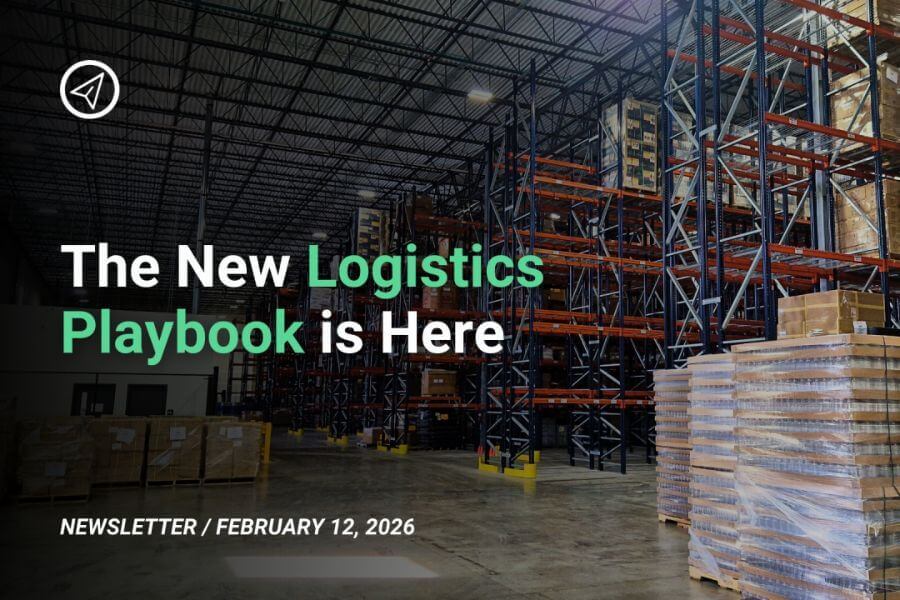>>> Read newsletter on LinkedIn <<<
Businesses increasingly rely on third-party logistics (3PL) providers to manage their supply chain operations. While this partnership can offer significant benefits like cost reduction, scalability, and access to specialized expertise, it also introduces challenges, especially concerning maintaining quality control. Ensuring robust quality control is essential for businesses that depend on 3PLs for several reasons, which we’ll explore in this article.
Ensuring brand reputation
Quality control is pivotal in safeguarding a brand’s reputation. When customers receive products that are damaged, incorrect, or of inferior quality, it reflects poorly on the brand, not just the logistics provider. This is why businesses must ensure that their 3PL partners adhere to the same quality standards that they uphold internally. A lapse in quality control can lead to customer dissatisfaction, negative reviews, and a decrease in customer loyalty, which can significantly impact a brand’s market position and profitability.
Compliance and regulatory standards
Many industries, particularly those dealing with pharmaceuticals, food and beverages, and electronics, are subject to stringent regulatory requirements. Businesses must ensure that their 3PL providers comply with relevant laws and regulations to avoid legal repercussions that might arise from compliance failures. Quality control systems help ensure that every part of the logistics process, from storage and handling to transportation, meets industry-specific standards.
Cost management
Effective quality control mechanisms can significantly influence cost management. Dealing with returns, replacements, and lost sales due to poor quality can be financially draining. Moreover, issues such as product recalls can lead to massive financial losses and additional expenses in customer service and crisis management. Implementing stringent quality control with a 3PL can help minimize these risks, leading to more predictable and controlled operational costs.
Building consumer trust
In an era where consumer expectations are higher than ever, the ability to consistently deliver quality products is a competitive advantage. Quality control ensures that products meet or exceed these expectations, fostering trust and customer loyalty. This is particularly important in industries where the safety and reliability of products are crucial, such as in healthcare and automotive sectors.
Enhancing efficiency and productivity
Quality control is not just about preventing defects or ensuring compliance; it’s also about enhancing operational efficiency and productivity. Effective quality control processes can help streamline operations, reduce waste, and minimize the need for rework. By implementing advanced quality control measures, businesses can identify bottlenecks or issues in the supply chain managed by their 3PL, leading to improved service delivery and operational performance.
Best practices for implementing quality control with a 3PL
- Clear communication. establish clear expectations and continuous communication channels between your business and the 3PL provider. Regular meetings and updates can help both parties stay aligned with quality objectives.
- Integrated technology systems. utilizing advanced technology systems can help in monitoring and managing quality control processes. Systems like RFID and GPS tracking, real-time data analytics, and automated reporting tools can provide visibility and control over the entire supply chain.
- Regular audits and assessments. conduct regular audits and assessments of the 3PL provider’s facilities and operations. These audits help ensure that the 3PL adheres to agreed-upon standards and practices, and they identify areas for improvement.
- Training and development. invest in training and development programs for both your staff and the 3PL provider’s team. Educating everyone involved about the importance of quality control and best practices can enhance compliance and performance.
- Flexible and scalable solutions. ensure that quality control processes are flexible and scalable to adapt to changing market conditions, business growth, and evolving customer needs.
Quality control is a critical component of a successful business relationship with a 3PL provider. It not only protects a brand’s reputation and compliance with regulations but also enhances operational efficiency and customer trust. By implementing robust quality control measures and maintaining rigorous oversight, businesses can maximize the benefits of their 3PL partnerships while minimizing potential risks.





